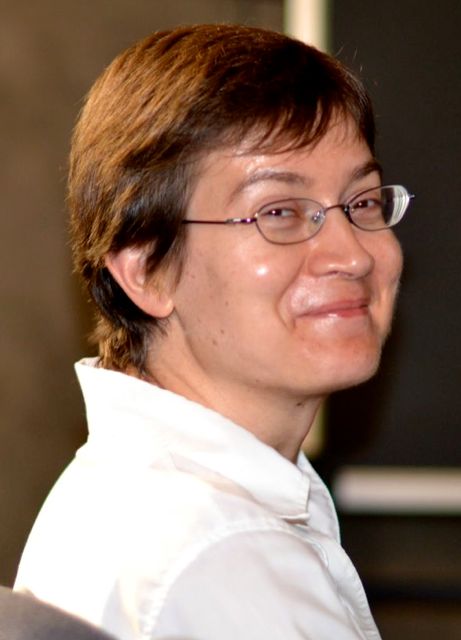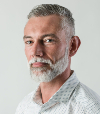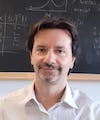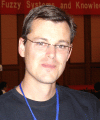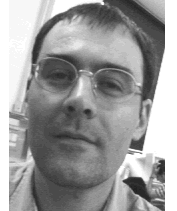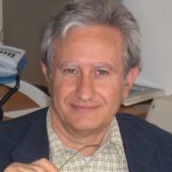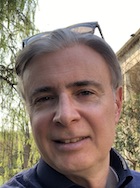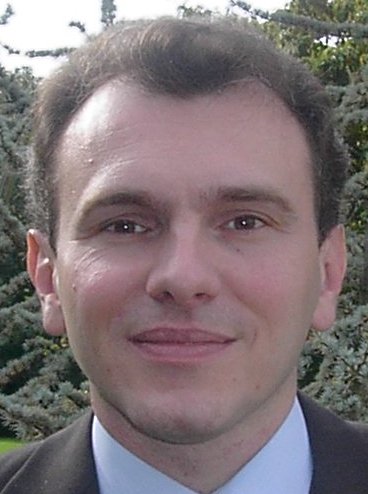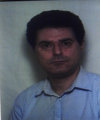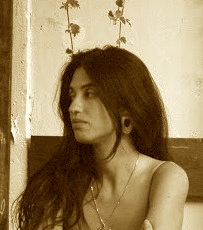Studying at the University of Verona
Here you can find information on the organisational aspects of the Programme, lecture timetables, learning activities and useful contact details for your time at the University, from enrolment to graduation.
Academic calendar
The academic calendar shows the deadlines and scheduled events that are relevant to students, teaching and technical-administrative staff of the University. Public holidays and University closures are also indicated. The academic year normally begins on 1 October each year and ends on 30 September of the following year.
Course calendar
The Academic Calendar sets out the degree programme lecture and exam timetables, as well as the relevant university closure dates..
| Period | From | To |
|---|---|---|
| I semestre | Oct 4, 2010 | Jan 31, 2011 |
| II semestre | Mar 1, 2011 | Jun 15, 2011 |
| Session | From | To |
|---|---|---|
| Sessione straordinaria | Feb 1, 2011 | Feb 28, 2011 |
| Sessione estiva | Jun 16, 2011 | Jul 29, 2011 |
| Sessione autunnale | Sep 1, 2011 | Sep 30, 2011 |
| Session | From | To |
|---|---|---|
| Sessione autunnale | Oct 21, 2010 | Oct 21, 2010 |
| Sessione straordinaria | Dec 15, 2010 | Dec 15, 2010 |
| Sessione invernale | Mar 24, 2011 | Mar 24, 2011 |
| Sessione estiva | Jul 19, 2011 | Jul 19, 2011 |
| Period | From | To |
|---|---|---|
| All Saints | Nov 1, 2010 | Nov 1, 2010 |
| National holiday | Dec 8, 2010 | Dec 8, 2010 |
| Christmas holidays | Dec 22, 2010 | Jan 6, 2011 |
| Easter holidays | Apr 22, 2011 | Apr 26, 2011 |
| National holiday | Apr 25, 2011 | Apr 25, 2011 |
| Labour Day | May 1, 2011 | May 1, 2011 |
| Local holiday | May 21, 2011 | May 21, 2011 |
| National holiday | Jun 2, 2011 | Jun 2, 2011 |
| Summer holidays | Aug 8, 2011 | Aug 15, 2011 |
Exam calendar
Exam dates and rounds are managed by the relevant Science and Engineering Teaching and Student Services Unit.
To view all the exam sessions available, please use the Exam dashboard on ESSE3.
If you forgot your login details or have problems logging in, please contact the relevant IT HelpDesk, or check the login details recovery web page.
Should you have any doubts or questions, please check the Enrollment FAQs
Academic staff
 nome.cognome[at]uniud.it
nome.cognome[at]uniud.it
 luca.vigano@univr.it
luca.vigano@univr.it
Study Plan
The Study Plan includes all modules, teaching and learning activities that each student will need to undertake during their time at the University.
Please select your Study Plan based on your enrollment year.
1° Year
| Modules | Credits | TAF | SSD |
|---|
2° Year activated in the A.Y. 2011/2012
| Modules | Credits | TAF | SSD |
|---|
Tre insegnamenti a scelta tra i seguenti | Modules | Credits | TAF | SSD |
|---|
| Modules | Credits | TAF | SSD |
|---|
Tre insegnamenti a scelta tra i seguenti | Modules | Credits | TAF | SSD |
|---|
Legend | Type of training activity (TTA)
TAF (Type of Educational Activity) All courses and activities are classified into different types of educational activities, indicated by a letter.
Automated program verification (2010/2011)
Teaching code
4S000023
Teacher
Coordinator
Credits
6
Language
Italian
Scientific Disciplinary Sector (SSD)
ING-INF/05 - INFORMATION PROCESSING SYSTEMS
Period
II semestre dal Mar 1, 2011 al Jun 15, 2011.
Learning outcomes
The class presents problems and methods for program analysis and verification, by automated reasoning techniques such as theorem proving or model checking. Objective of the class is that the student understands the problems arising on one hand
in expressing the behavior of programs in logical formulae, and on the other hand in designing automated reasoners capable to handle such formulae efficiently.
Program
Theorem proving in propositional logic: the Davis-Putnam-Logemann-Loveland procedure. Theorem proving in first-order logic: resolution and superposition. First-order theories. Hoare logic, annotations, partial and total correctness, states, paths, invariants. Invariant generation. Decision procedures for satisfiability modulo theories: equality, data structures, combination of theories by equality sharing, decision procedures based on resolution and superposition.
Examination Methods
For master students:
the exam consists of a written exam (C) and an individual project (P). The grade is given by 50% C + 50% P. This applies to the final exam at the end of the course.
In the following sessions, the exam consists of a written exam (E), whose difficulty is such to be equivalent to that of C+P, and whose grade determines alone the final grade.
Cheating is forbidden and will determine loss of points. Students may withdraw only by not handing-in the exam.
For PhD students:
oral exam consisting in the presentation of one or more papers from the literature.
Type D and Type F activities
Modules not yet included
Career prospects
Module/Programme news
News for students
There you will find information, resources and services useful during your time at the University (Student’s exam record, your study plan on ESSE3, Distance Learning courses, university email account, office forms, administrative procedures, etc.). You can log into MyUnivr with your GIA login details: only in this way will you be able to receive notification of all the notices from your teachers and your secretariat via email and soon also via the Univr app.
Graduation
Deadlines and administrative fulfilments
For deadlines, administrative fulfilments and notices on graduation sessions, please refer to the Graduation Sessions - Science and Engineering service.
Need to activate a thesis internship
For thesis-related internships, it is not always necessary to activate an internship through the Internship Office. For further information, please consult the dedicated document, which can be found in the 'Documents' section of the Internships and work orientation - Science e Engineering service.
Final examination regulations
List of theses and work experience proposals
Attendance
As stated in the Teaching Regulations for the A.Y. 2022/2023, attendance at the course of study is not mandatory.

 +39 045 802 7094
+39 045 802 7094
